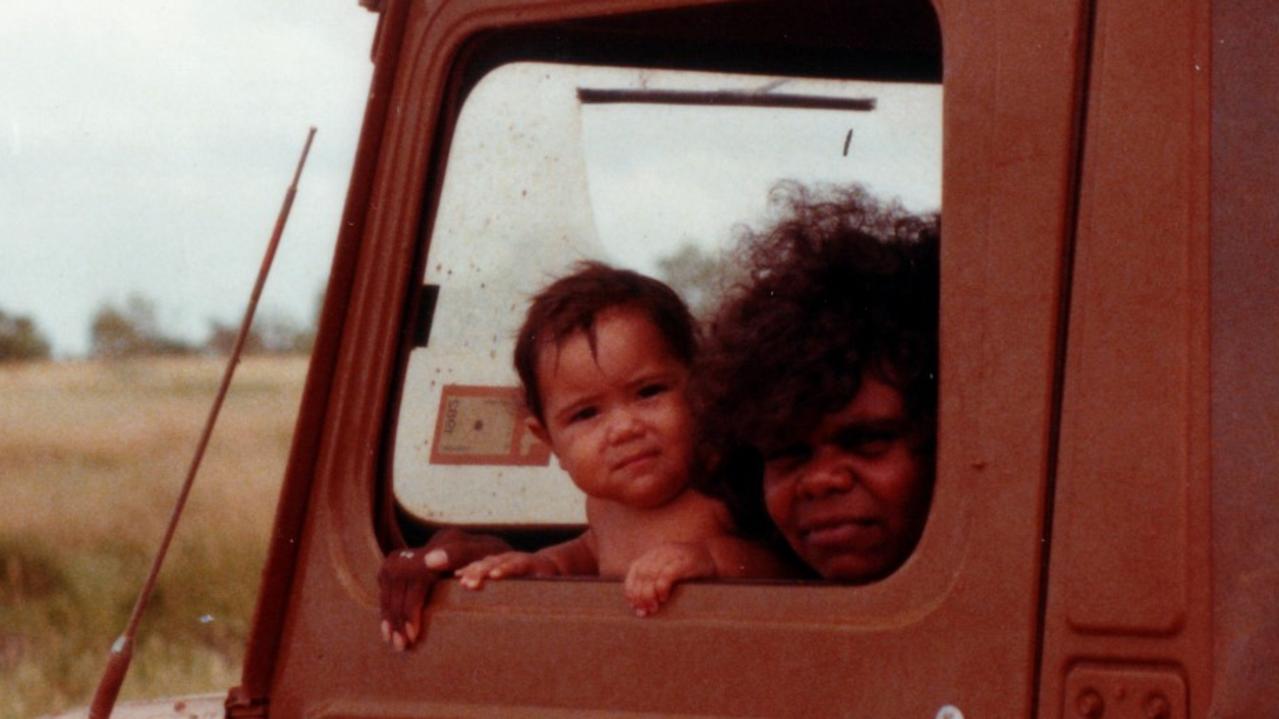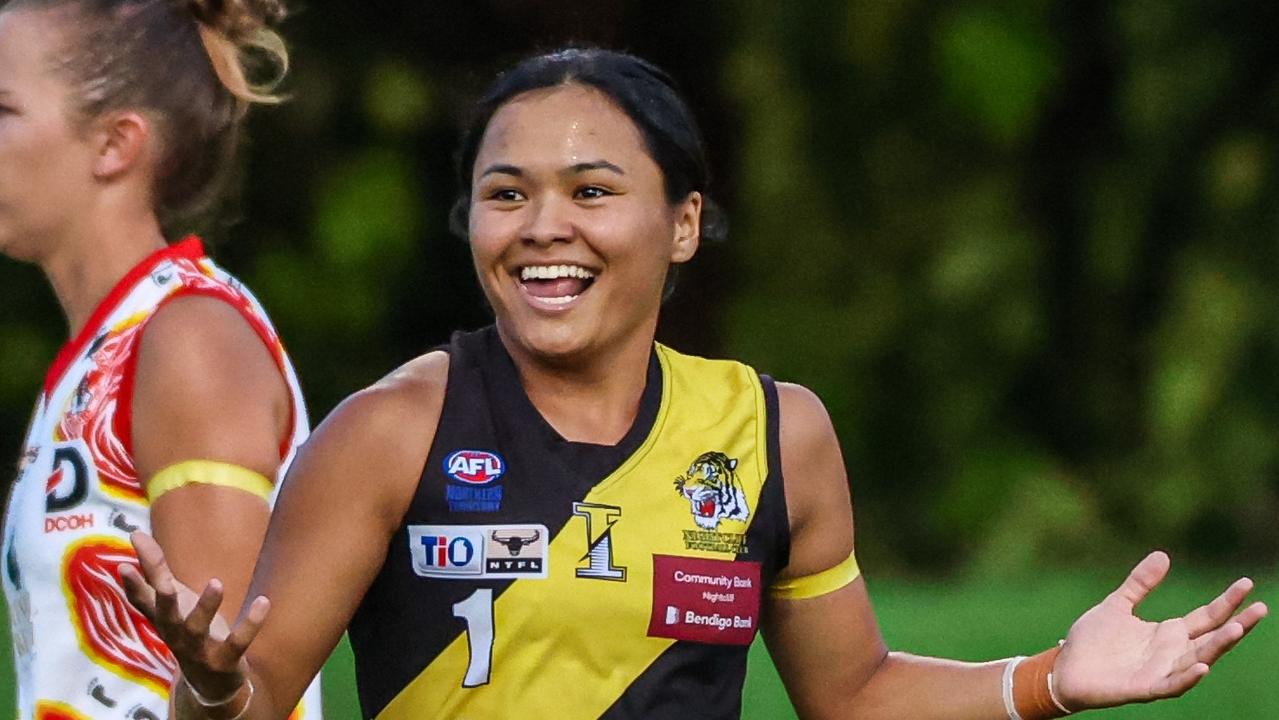Ngeygo Ragurrk inquest explores ‘missing puzzle piece’ in the NT’s chronic domestic violence rates
Hours before he tortured and killed his wife, a known domestic violence abuser repeatedly told NT Police to arrest him.
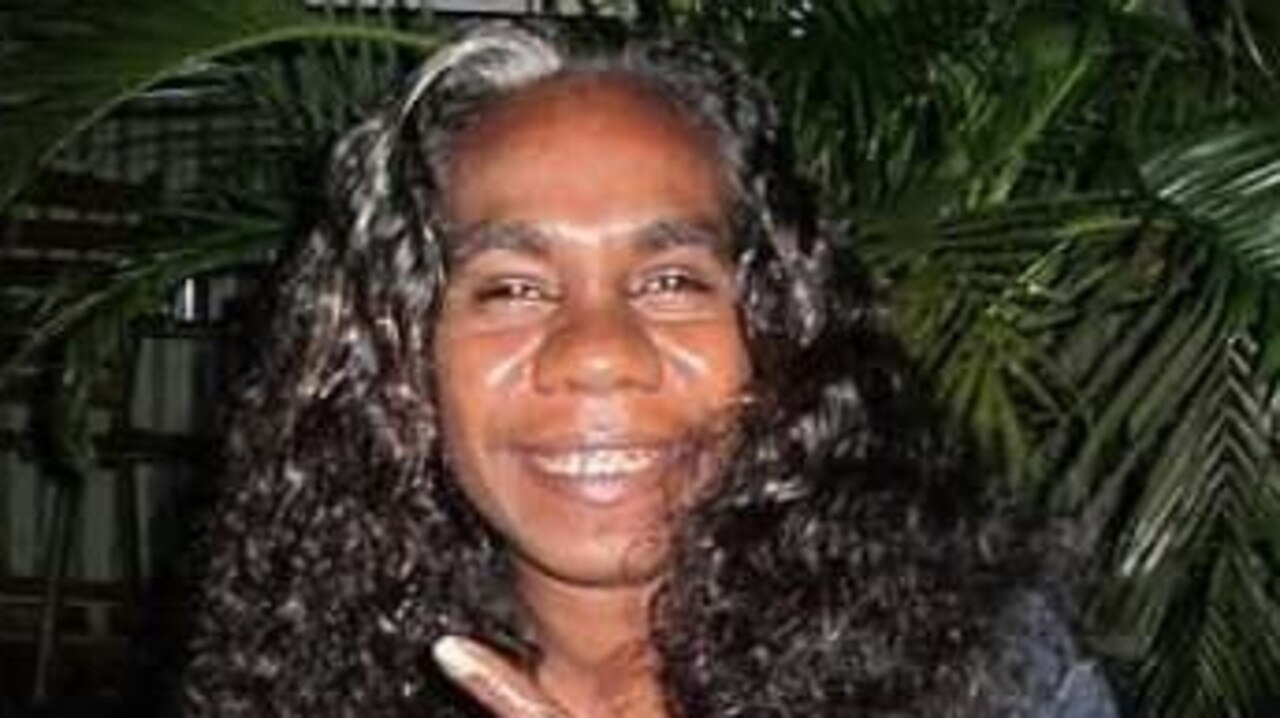
News
Don't miss out on the headlines from News. Followed categories will be added to My News.
Aboriginal and Torres Strait Islander readers are advised that this article contains the names and image of Indigenous people who have died, used with the permission of their families.
In the glow of the flames of his wife’s burning car, a man with a long history of domestic violence told police exactly why he set the blaze.
“I had a fight with my missus, she ran away from me and I burnt her car,” Garsek Nawirridj said.
“I’m sorry, take me back to prison.”
Counsel assisting the coroner Peggy Dwyer told a packed courtroom that police were given three opportunities to arrest Nawirridj on the day he “tortured” and then killed his 40-year-old wife, known for cultural reasons as Ngeygo Ragurrk.
Less than 20 minutes after investigating the car fire at 5am on December 23, 2019, police were again questioning Nawirridj — this time for assaulting multiple people while yelling “I’m going to smash you mob, when you’re asleep”.
“Garsek told them that he had been causing trouble, and fighting, and police should lock him up,” Dr Dwyer said.
An hour later police were again questioning Nawirridj after he almost reduced the Fannie Bay Puma Service Station into “the site of a horrific catastrophic fire” by holding a lighter to a petrol nozzle in a fit of jealousy.

Rather than arrest Nawirridj, he was taken to Royal Darwin Hospital which he left once he sobered up.
The inquest heard at no stage in the two-hour period was Nawirridj arrested.
At no stage did the relatively junior officers flag a domestic violence risk given his erratic behaviour and argument with his wife, or make enquiries about Ngeygo’s welfare.
Dr Dwyer told the inquest that the next time police saw Nawirridj he was wailing over his wife’s naked, bloodied body.
The inquest heard for 25 minutes the 40-year-old was subjected to “abominable” “torture” in scrublands next to Mindil Beach Casino.
The inquest watched CCTV footage as he dragged Ngeygo down busy Darwin streets towards the bushes where he proceeded to beat, stab and then strangle her — even using her own dress as a weapon.
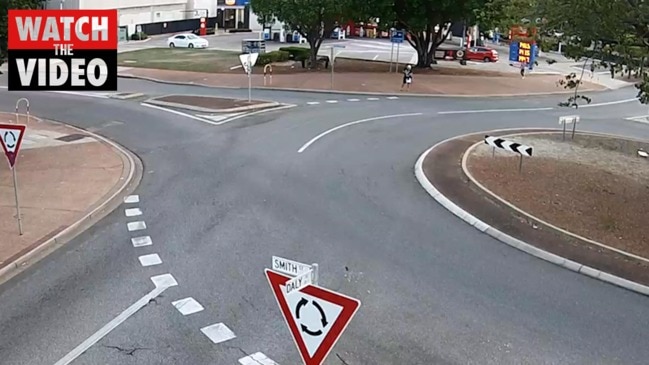
“She’s likely to have lost consciousness, and regained consciousness at different times
during the assault,” Dr Dwyer said.
“This must have been like a form of ongoing torture for Ngeygo”.
In a final degrading act, Nawirridj dragged her body 70m down the beach slope, stripped her and pulled her body into the shallow waters, before shouting out “my wife got drowned, can you help me?”.
Nawirridj pleaded guilty to the manslaughter of his wife in 2021 and was sentenced to 12 years in prison, with his parole period making him eligible for release by 2028.
Ngeygo is one of 79 Territory women who were killed by a current or former partner since 2000, 94 per cent of whom were Aboriginal.
Dr Dwyer reminded the inquest that “Ngeygo Ragurrk is not remembered as a number or a percentage”.
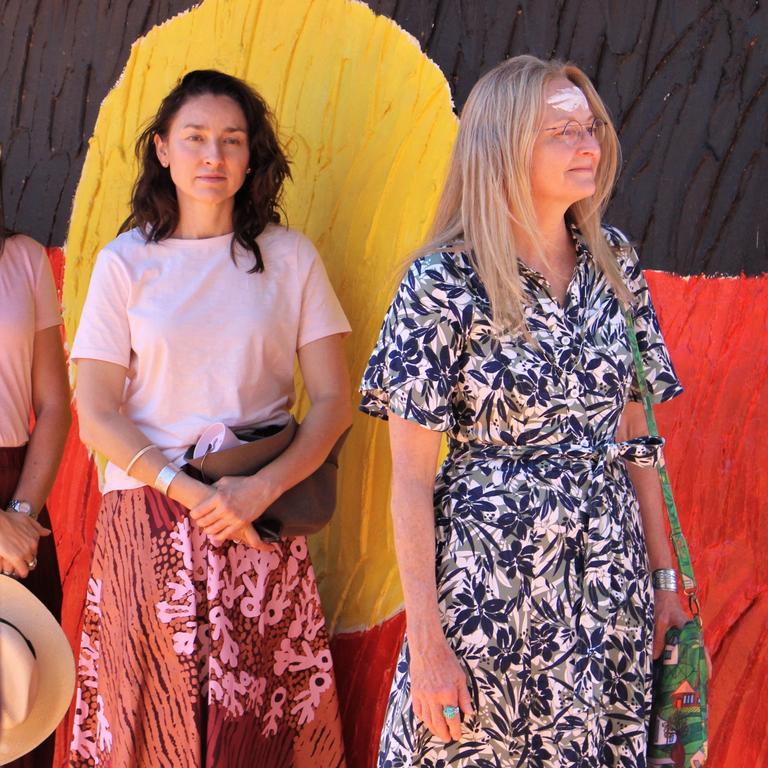
She said Mirrangagu woman from the Manjungung clan was remembered by her family as a loving daughter sister, mother and grandmother — and also held an important cultural role as a Djungkay.
“She was also the only woman in her tribe who knew the names of all the sacred sites and totems of her country,” Dr Dwyer said.
“Her death is a tragic loss to her family and her culture”
Her family — wanting the world to remember her as they did, smiling and laughing — allowed the court to see photos of Ngeygo.
“You see a woman who is beautiful on the outside and the inside, in spirit and in the soul,” Dr Dwyer said.
After seeing Ngeygo face in the courtroom for the first time, Ms Armitage’s voice shook slightly as she thanked her family.
“We want to listen to you, and learn from you,” she told them.
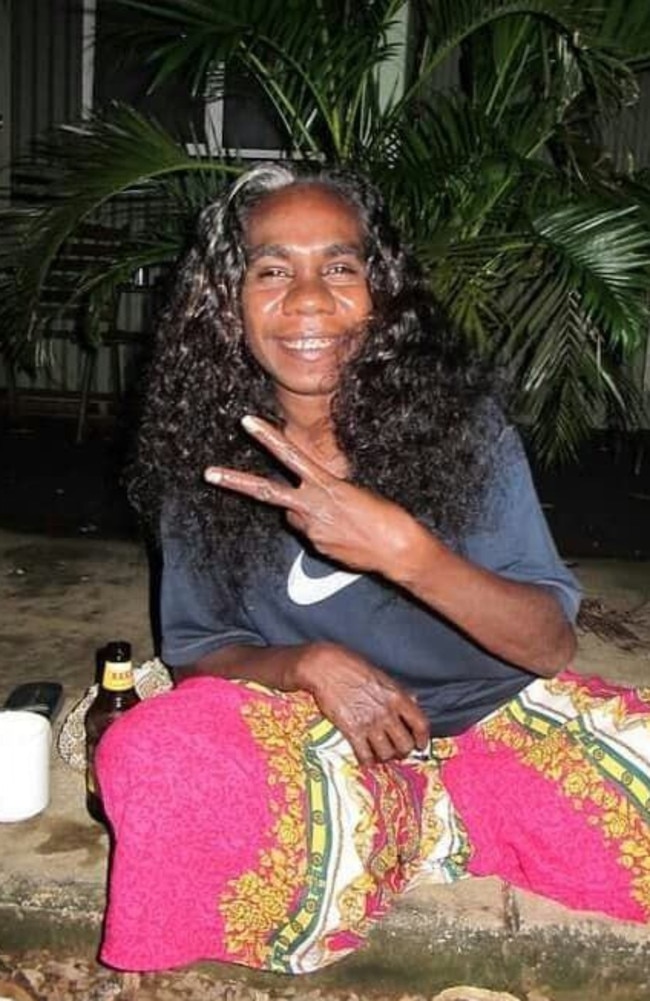
In the first day of the inquest Dr Dwyer walked the coroner through the missed opportunities in the hours leading up to the “vicious assault” — just two days before Christmas 2019.
“I expect your Honour to hear (NT Police) are often overwhelmed with the number of jobs that they need to prioritise on any one night,” she said.
“I also expect that Northern Territory Police will acknowledge that there should have been more focus to the risk to Ngeygo at that time.”
“It’s really sad to think if he had been charged, maybe Ngeygo would have been okay that night, because there would have been a presumption against bail, and he would have got locked up.”
The inquest heard during their three-year relationship police were called to respond to six alleged assaults, with evidence of an escalating pattern of violence.
“Throughout the course of their relationship Garsek Moreen (Nawirridj) used violence to control or overbear the will of Ngeygo,” Dr Dwyer said.
“Of course we expect that there were other times when he assaulted Ngeygo or was cruel to her and she didn’t have an opportunity to call police and ask for help.”
Dr Dwyer said police did not always treat calls about her abuse as domestic violence cases, reclassifying two incidents as “disturbance general”.
As the first witness Gunbalanya Women’s Shelter community safety manager Bernadette Wombo explained the difficulties facing victim-survivors in remote communities.
Without commenting on Ngeygo’s circumstances specifically, Ms Wombo said there was sometimes pressure from the abuser’s family to stay with them, with victims coerced, threatened and intimidated by their partners – including through threats of “witchcraft”.
Ms Wombo said self harm was also a familiar form of emotional intimidation and an attempt to “shift the blame for his bad behaviour”.
The inquest heard Nawirridj had once climbed a light pole and threatened to jump off, and in another incident attempted to strangle himself in the back of a cop car when she reported an assault.
Ms Wombo highlighted the chronic need for men’s behaviour change programs in community, saying they needed help to become “better fathers, and better husbands”.
“It’s frustrating, because I’m only seeing all the ladies being helped. But when there’s nothing for the men in the community,” she said.
Ms Armitage agreed, saying these programs could be the “missing piece of the puzzle”.
A statement from Ngeygo’s family said solutions to remote domestic violence rates, had to understand the reality of community living.
“When our communities are listened to about caring for women, our communities can have meetings, make plans, start projects, and work together.
“If the solutions are not made in our communities, they will not work in our communities.”
“They are proud of Ngeygo and to help stop men, like the man who killed her, doing things like this to people and family like ours.”
The coronial, the second investigating domestic violence this year, will continue on Tuesday.
Originally published as Ngeygo Ragurrk inquest explores ‘missing puzzle piece’ in the NT’s chronic domestic violence rates



